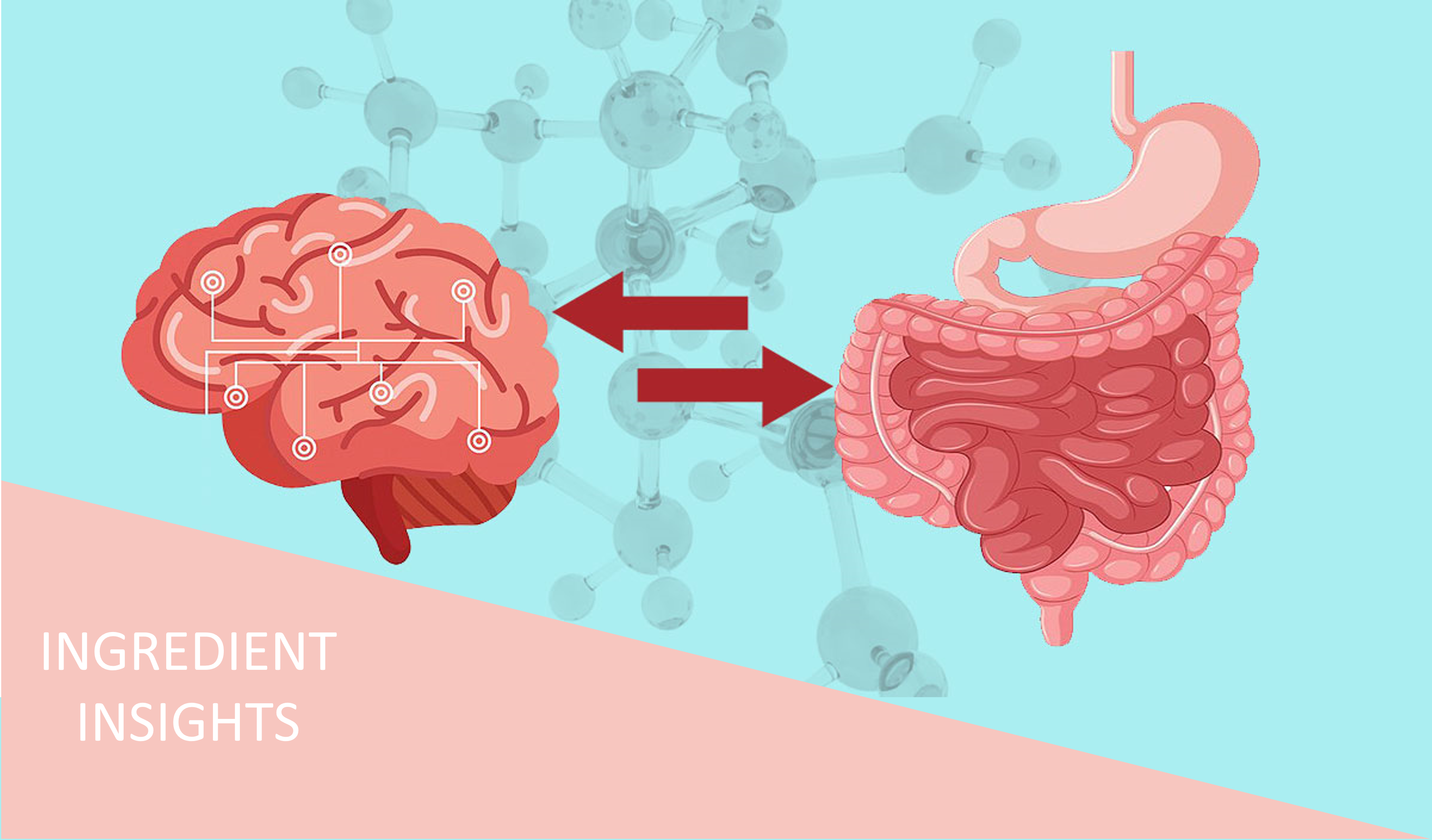The gut microbiome is a complex ecological system containing hundreds of species of microorganisms. Each of these tiny microorganisms contribute in big ways to human and animal health. The microbiome affects major organs across the body, assisting our digestive system in producing energy, supporting our immune system by protecting the body from pathogens, and contributing to many day-to-day functions. One of the keys to making these crucial gut-body connections is a signaling molecule called butyrate.
Butyrate is a metabolite postbiotic that is typically produced in the gut as a result of probiotics and endogenous bacteria feeding on and fermenting prebiotic substrate. Once generated in the body, butyrate strengthens the intestinal barrier function and gut health, while also modulating immune and inflammatory responses. It serves as one of the most important short-chain fatty acids (SCFAs), as over 90% of cells have butyrate receptors. Let’s take a closer look at what’s going on with butyrate across the body.
Gut Health – Barrier Integrity
A healthy gut barrier is vital to human and animal health. It is the first line of defense against anything we consume that could be dangerous, including toxins or harmful bacteria. The gut barrier is made up of two main components – the mucosal layer and the epithelial layer. The mucosal layer acts as a physical barrier against pathogens or harmful chemicals that enter the digestive system. It provides an ideal home for a healthy gut microbiota community, which also contributes to protecting the barrier. Butyrate signals to increase the production of mucin (what makes up the mucosal layer) to thicken and strengthen the gut barrier, helping to avoid issues like leaky gut syndrome.
Immune Health
There are several ways in which butyrate supports healthy immune function. One mechanism is its ability to stimulate Free Fatty Acid Receptors (FFARs). These are receptors in cells that are particularly attuned to recognizing short chain fatty acids (SCFAs). When the presence of butyrate is detected by FFARs in the gut epithelial layer, a signal is sent to the cell, triggering a cascade of signals that ultimately leads to the activation of immune cells. Additionally, some immune cells have their own FFARs, meaning butyrate can interact with them directly to signal for immune action. Butyrate also signals for anti-microbial peptide (AMP) production, which is essential in fighting pathogens. Finally, as mentioned above, butyrate helps maintain a healthy gut barrier, which protects against infection caused by pathogens and harmful molecules entering the bloodstream.
Inflammation Regulation
Excessive or chronic inflammation can be detrimental to human and animal health. Butyrate helps regulate inflammation through its signaling abilities. When the immune system is in fight mode and is signaling for anti-inflammatory cells to regulate inflammation levels, butyrate assists in activating the necessary cell responses. In addition to these benefits, butyrate also supports inflammation regulation through its histone deacetylase (HDAC) inhibitory effects. By inhibiting HDAC enzymes, butyrate aids in regulating the expression of genes that produce inflammatory cells. While there is still more to be discovered regarding butyrate’s effects on both gut and systemic inflammation, many studies already show strong associations between butyrate and healthy inflammatory profiles in the gut and beyond.
Gut-Brain Axis
There is a copious amount of evidence demonstrating the relationship between butyrate and the brain/nervous system. Although studies have yet to illuminate the exact mechanism(s) by which butyrate affects the brain, there are various proposed theories. FFARs, mentioned above as the SCFA-sensitive receptors, have been found on many nerve and brain cells. This indicates that butyrate may be directly interacting with the brain and/or nervous system as a signaling molecule. Scientists have identified a few indirect mechanisms thus far, one of which is butyrate’s activity as an HDAC inhibitor. Studies show that when butyrate inhibits the HDAC enzymes in brain cells, there is an upregulation of genes that code for oxidative stress resistance and neurotrophic factors.
So, what now?
With all of this knowledge of how butyrate is improving the health of our body and it’s many systems, the question becomes, “Can we develop a prebiotic formulation that feeds the microbiome in a way that specifically enhances the production of butyrate in the gut?”
Many researchers have attempted to answer this question, selecting various combinations of pre/probiotics and observing the outcome on butyrate and SCFA production. The issue, however, is that everyone reacts differently to prebiotics and probiotics, due to the fact that we all have individually unique microbiomes. Some people’s microbiomes can effectively utilize prebiotics to generate postbiotic SCFAs like butyrate, while other people’s microbiomes cannot.
The solution is to formulate an ingredient that generates butyrate directly in the gut, independent of the state of the microbiome. Direct butyrate generation, not effected by the variation in people’s microbiomes, is now a possibility with ButyraGenTM. This means that nearly all people can reap the multitude of butyrate benefits for whole body wellness. Ready to take the guesswork out of your digestive health formula? Find out more from NutriScience – your source of innovation.
_________________________________________________________________________________________________________________
NutriScience Innovations develops and markets innovative ingredients for digestive and gut health. To learn more about ButyraGenTM, NutriScience’s new direct butyrate generator, click on the video below.









